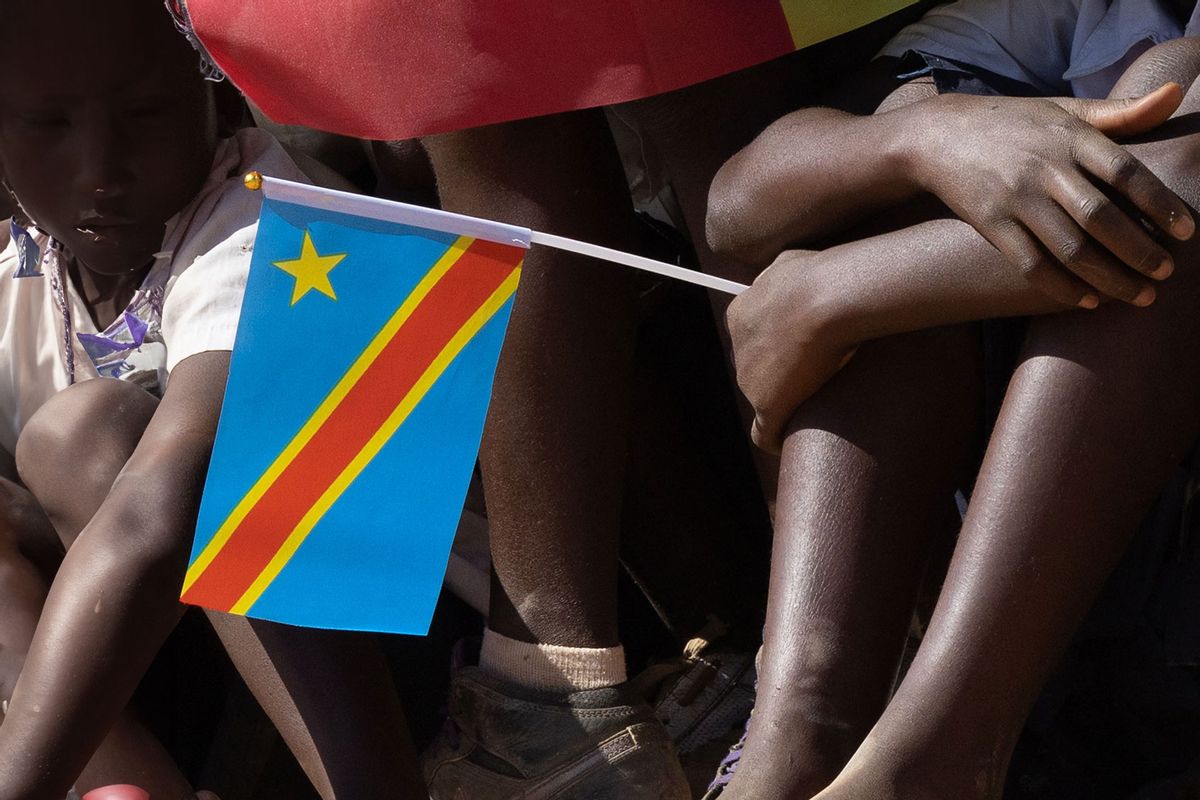An unknown disease has been spreading in a rural part of the Democratic Republic of the Congo (DRC) in Central Africa, killing a high number of people. The deputy provincial governor, Rémy Saki, told The Associated Press that between 67 and 243 people died from the mysterious disease, many of them children. It has flu-like symptoms including fever, headache, cough and anemia.
According to the AP, the deaths were recorded between November 10 and November 25 in the DRC’s Panzi health zone of Kwango province. The AP reports that the World Health Organization is aware of the situation and has sent a team to work with local officials to collect samples.
The outbreak may be complicated by other illnesses spreading in the country. As reported by Salon before, the DRC has been the center of an mpox outbreak. The crisis first attracted attention earlier this year in the DRC where most cases were concentrated. But it soon began to spill over into at least 13 neighboring countries. At the time, sources told Salon spread of mpox across the world could have been avoided if the DRC had the resources to contain the spread of mpox in the first place, pointing to health disparities between the East and the West.
Earlier this year, a Marburg virus outbreak in Rwanda resulted in at least 66 infections and 15 deaths, according to the U.S. Centers for Disease Control and Prevention. Thanks to the quick-acting surveillance of public health authorities in the African country, the outbreak seems to be under control, with no new cases reported since Oct. 30.



Shares